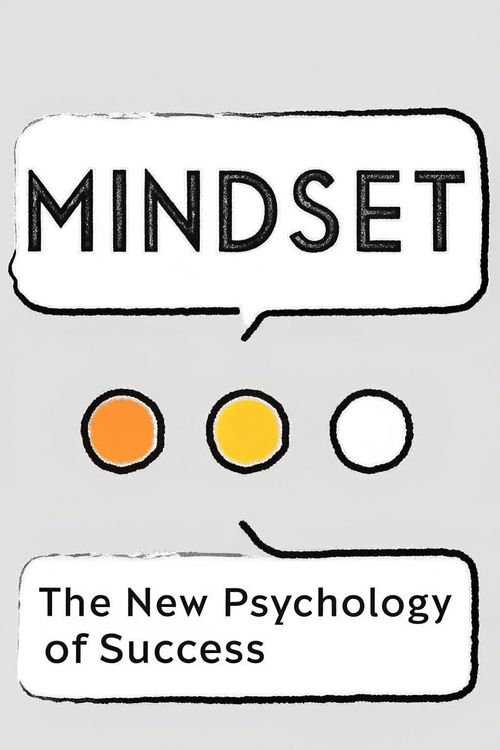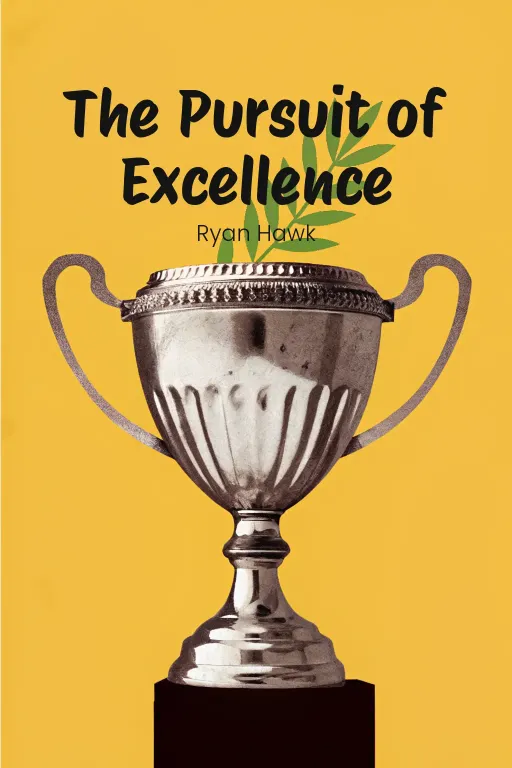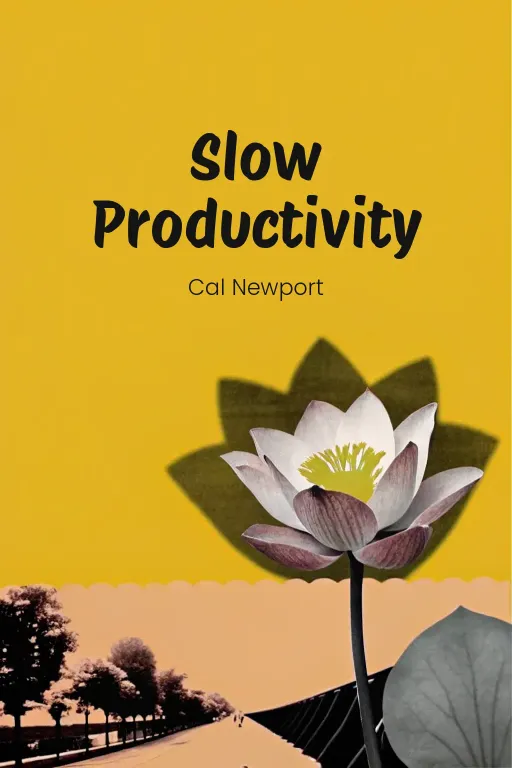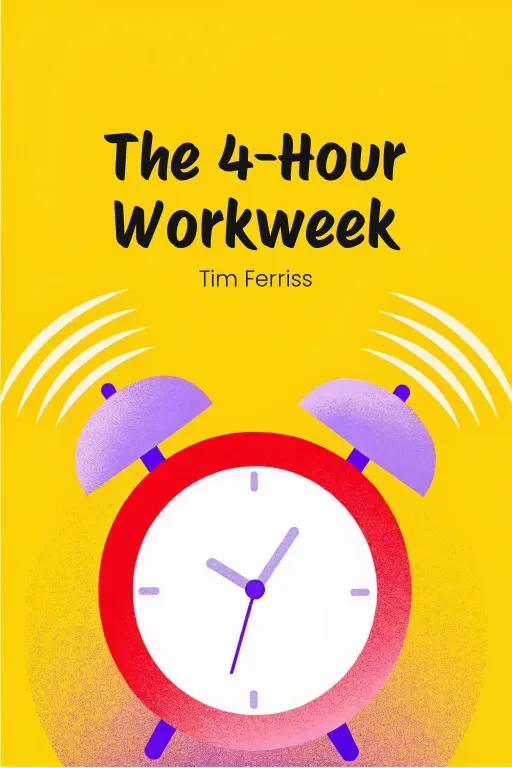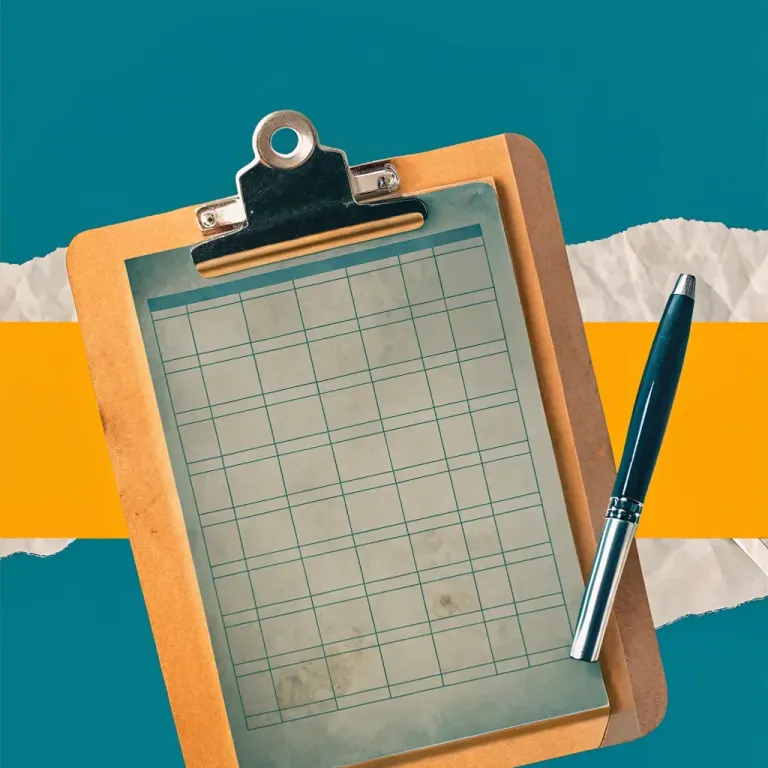
Bulletproof Brilliance: The Checklist Edge.
Podcast by Beta You with Alex and Michelle
How to Get Things Right
Bulletproof Brilliance: The Checklist Edge.
Part 1
Alex: Hey everyone! Quick question: who would you trust more, a surgeon or a pilot, if they grabbed a checklist right before things got real? Michelle: Well, that depends. Is it a checklist or some kind of "oh-crap-everything's-going-wrong" manual? Because those send very different signals. Alex: Good point. But seriously, today we're digging into The Checklist Manifesto by Atul Gawande. It's a fascinating look at how something as simple as a checklist has transformed industries like aviation, healthcare, construction – and saved tons of lives. Michelle: So, you're saying it's not about, you know, “trust me, I'm a brain surgeon” kind of magic, but more about… group responsibility and nailing the fundamentals? Alex: Precisely! Gawande argues that checklists aren't about simplifying expertise; they're about tackling complexity. Even top professionals, whether flying a plane or doing surgery, can make small but critical errors. And the humble checklist? It encourages communication, teamwork, and a final review of crucial steps. Michelle: Okay, I get it. But let's be honest, we're all experts at ignoring systems we think we're too smart for. Alex: Which brings us to today's discussion. First, we'll tackle the core issue: complexity, it’s often why even the smartest people stumble. Then, we’ll see how checklists have quietly revolutionized aviation and surgery – with some truly incredible stories. Michelle: And finally, we'll get to the bigger question: can a society that worships individual achievement really embrace teamwork and checklists as a path to success? Alex: So, whether you're aiming for genius or just appreciate streamlining, stick with us. This is about how a few bullet points can save lives, tame egos, and reshape how we work. Michelle: Even if it makes us feel like we’ve joined some kind of "Checklist Fan Club." Let’s dive in and see what this is all about.
The Power of Checklists in Managing Complexity
Part 2
Alex: Okay, Michelle, so let’s dive into what Gawande calls “complexity.” His point is that modern professions, you know, like aviation, healthcare, they're not struggling because people aren't smart enough. It’s more that they're juggling so much at once, it's almost impossible to get everything right all the time. Michelle: Right, it's not a lack of knowledge, it's more like… practical failure. Which, I gotta say, sounds kind of harsh on “really” skilled professionals, doesn’t it? Like saying, “Hey, you can do heart surgery, but you’re forgetting basic hygiene?” But I see what he’s getting at. In a hectic environment like an ICU or a cockpit, with so many things happening at once, missing even one small detail can quickly turn into a big problem. Alex: Precisely. That’s where Gawande brings in checklists. Not as, like, a condescending guide for dummies, but as a real tool for handling that complexity. They break down complicated tasks into manageable steps, creating a system to make sure nothing vital gets overlooked. Michelle: But here’s what I'm wondering, Alex—aren't there already pros who are good at dealing with this kind of pressure? Think about pilots, for example. I always thought they were chosen for their ability to think fast, to adapt, not to just follow a list. Alex: Aha, well, let's rewind back to the B-17 crash in 1935. Because that's when aviation realized that even the best need help with complexity. The B-17 was groundbreaking. It flew farther, carried more, did it faster—but it was also so complicated that even seasoned pilots struggled to manage it all. Michelle: Okay, so things went south. I’m guessing pretty badly? Alex: Yeah. During a test flight, the pilot—Major Ployer P. Hill, super experienced—forgot to disengage a control lock. The plane crashed, killing him and another crew member. Investigators found no mechanical issues; it was, sadly, human error. The plane’s complexity was just too much for anyone to handle perfectly in that moment. Michelle: And that’s where checklists came to the rescue, right? Like a superhero for aviation? Alex: Exactly. Pilots came up with a pre-flight checklist—simple, concise—covering key things like unlocking controls, managing the engine, checking fuel levels. Suddenly, this "unflyable" plane became one of the safest, racking up over 1.8 million accident-free miles. Aviation was transformed. Every flight crew, no matter how skilled, started using checklists. It shifted the focus from just individual skills to creating systems that made flying safer for everyone. Michelle: So these checklists aren’t just about memory aids—they’re about preventing information overload, even for experts. But Alex, aviation's one thing. It's naturally pretty structured. How does this apply to something super chaotic, like a surgery in progress? Alex: Great question. Let's look at the Johns Hopkins ICU checklist for central-line insertions. Dr. Peter Pronovost implemented a five-step checklist—simple things like washing hands, using sterile barriers, timing catheter removal. Guess what? Infections dropped by 66%! Michelle: That’s huge—assuming people used it! Were surgeons happy to take instructions from a piece of paper? Alex: Not at all. Pronovost faced a lot of resistance. Many doctors saw the checklist as insulting, implying their years of training weren't enough. But when researchers watched them, they found over a third skipped steps! It wasn't about skill—it was the pace, the multitasking, the fatigue. Once nurses could oversee the checklist and point out missed steps, adherence went way up, and infection rates plummeted. Michelle: So it wasn’t just the checklist itself, but the culture it created. Giving nurses a voice… that leveled the playing field. This wasn’t just a tech upgrade; it changed team communication and responsibility. Alex: Exactly. That cultural piece is critical. Gawande argues checklists don’t just streamline things; they force collaboration. They make teams pause, verify, communicate, even challenge authority if needed. It’s the opposite of the lone genius idea. It actually makes humility a success factor. Michelle: But isn’t that the sticking point? We love the idea of the brilliant mind under pressure, improvising. Admitting we need a checklist sounds… boring, even robotic. Doesn’t that stifle innovation? Alex: I think it does the opposite. Take Captain Sully and the Hudson River landing. His quick thinking was heroic, but it was because of disciplined training. Training and checklists gave him the foundation to improvise when birds hit the engines. Creativity actually thrives when the basics are systemized. Michelle: Fair enough—so the checklist supports skill, frees up brainpower to handle the unexpected chaos. But still, if they're so great, why aren't checklists everywhere? Alex: That's the big question. Some of it's ego; some of it's doubting simplicity. Gawande mentions industries like finance and construction are starting to use more sophisticated checklist systems—integrated into their workflow software. It's spreading, but there's resistance, especially where independence is valued over teamwork. Michelle: Maybe it’s about changing what checklists represent. They’re not saying, “You'll screw up if you don’t follow steps.” They’re a safety net for complexity—a way to be brilliant without crashing and burning. Alex: Right, and they level the playing field. From pilots to surgeons, checklists democratize expertise by making safety everyone’s responsibility. A few bullet points can be the difference between disaster and success—showing that simplicity and precision aren’t enemies of brilliance; they’re its foundation.
Conclusion
Part 3
Alex: Okay, Michelle, so let's get down to it. After digging through all the stories, numbers, and examples, The Checklist Manifesto's main point is actually quite straightforward: we can't escape how complicated things are, but messing up doesn't have to be a given. Michelle: Exactly. And instead of rolling our eyes at checklists like they're just annoying busywork, we should see them as tools to handle all that complexity. They aren't about making skilled people obsolete or oversimplifying things, no—they actually boost expertise by making sure no crucial step gets forgotten in the madness. Alex: Right, and it's not just about the checklist itself. It also helps build a new dynamic within teams. People become more humble at work and are more open to talking, working together, and taking responsibility as a group. We have to remember that even the best of us need some kind of structure to do well. Michelle: And I know, the idea of a checklist might not sound very exciting, but the end results—like a safe flight, a surgery that saves someone’s life, or even just a project that goes off without a hitch—make it worth embracing a little, shall we say, “ordinary” order. So, maybe we should value not just pure brilliance, but also the discipline to double-check our own work. Alex: Couldn't agree more. Gawande shows us that being precise, humble, and keeping things simple might just be the most important parts of making it in today's world. And it all kicks off with something as small—and as mighty—as a checklist. Michelle: So, what’s the moral of the story? Whether you're flying a plane or just trying to get through your workday, don't underestimate how useful a system can be for keeping you on your toes. It might save more than just your to-do list, you know? Alex: Or, you know, a life. Thanks for tuning in with us today. Keep moving forward, stay interested, and who knows… maybe cross something off your list today. Catch you next time! Michelle: Yeah, and make sure you don’t miss a step doing it. Later, everyone.
